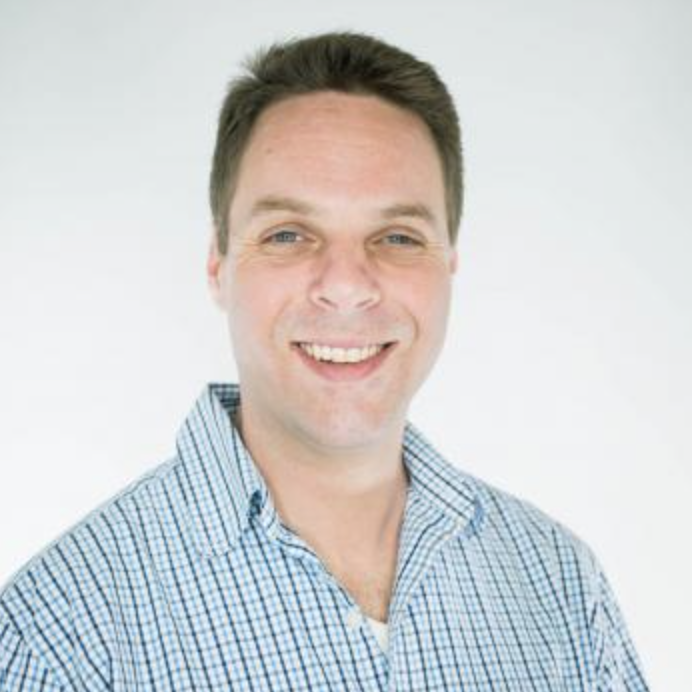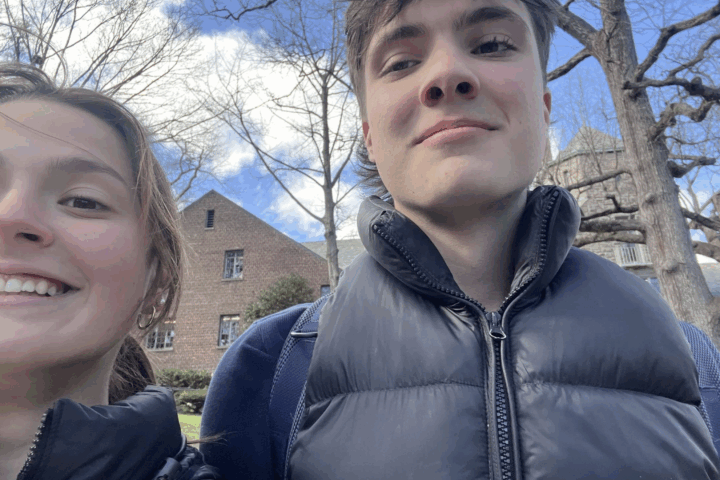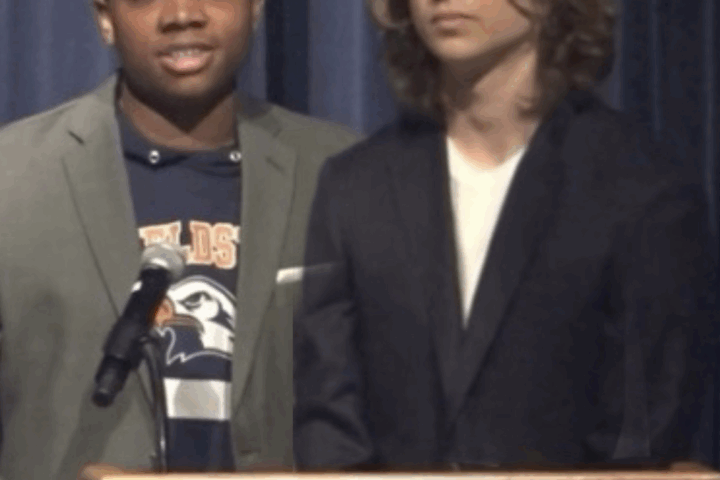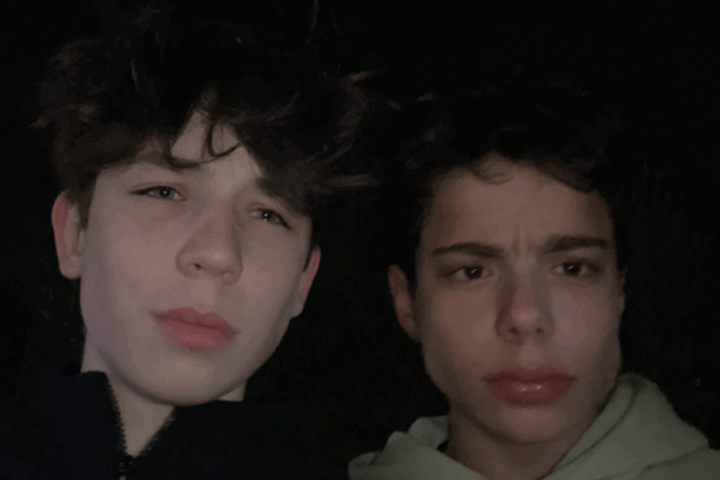Curious about how Fieldston alumni are fighting the climate crises and working towards a greener future? Former student Pete Sikora is the Climate and Inequality Campaigns Director at New York Communities for Change (NYCC). Before that, he led CWA District 1’s Legislative, Political and Mobilization efforts in NYC.
NYCC is a community-based 501(c)4 organization that works to advance political, social and economic justice in New York through grassroots organizing, direct action and legislative advocacy. It is made up of a coalition of working families in low to moderate-income communities who support NYCC’s bold campaigns. These campaigns fall under three main categories: housing, excluded workers and climate change & inequality. Current campaigns under the climate change & inequality category support causes such as a switch to 100% renewable energy in New York state, slashing NYC’s climate pollution, creating good, green jobs, investing in communities of color and the Green New Deal.
NYCC recently saw their efforts result in a landmark victory. On December 22nd, 2021, former Mayor Bill de Blasio signed a bill banning the combustion of fossil fuels in all new buildings, accelerating the construction of electric-powered buildings. New York City is the largest city in the nation to implement this kind of fossil fuel phase-out. These strict emissions limits will be set in place beginning in 2023, and all buildings must be constructed fully electric by 2027. According to Ben Furnas, the Director of the Mayor’s Office of Climate and Sustainability, “this is a historic step towards reaching our carbon neutrality goals and reducing our reliance on fossil fuels.”
Their #DivestNY campaign also resulted in success, getting the NYC pension fund to divest $5 billion of public money from polluting corporations like Exxon.
In a recent interview with Pete, I got to learn more about his work with NYCC, climate legislation in NYC and his experience as a Fieldston student.
Lucy Troy: Can you talk a little bit about your work with New York Communities for Change?
Pete Sikora: NYCC organizes in Black and brown communities for economic, racial and climate justice… they push for policies that improve jobs and fight the climate crises at the same time… I work with other staff and organizations to craft and execute hard-hitting campaigns in that area.
LT: Have you noticed any positive impacts from your campaigns?
PS: When you’re the underdog you’re pretty used to losing, but we’re on an incredibly successful streak on our major climate campaigns… we’ve had an amazing run of success in the last 5 years
LT: I know your group advocated for the recent gas ban bill in new building construction. Have you noticed any significant impacts since that bill passed or have you witnessed pushback?
PS: It was a big fight to get that legislation passed… the real estate industry and the fossil fuel industry are very powerful lobbies… it took a very strong, multi-racial grassroots campaign to push their elected officials to do that… but the fight was really to get the bill passed. Starting at the end of 2023, for any new building permit for new construction, the building has to be entirely fossil free… so it’s a huge shift towards lower pollution technology and it’ll create lots of good new jobs in renewable energy… buildings over 7 stories and up will be covered by 2027… it’s a gigantic move. When the bill passed, there was an incredible wave of coverage in NYC, nationally and internationally. NYC is the big dog, and when the big dog barks, hopefully all the little dogs listen.
LT: What are the next steps for New York City in terms of climate legislation?
PS: We need to create a Green New Deal, and that means policies by the city, state and federal governments. Upgrading all of those buildings to high energy efficiency takes a lot of work. In 2019, we passed local law 97 which has been referred to as NYC’s Green New Deal. It requires large buildings to slash their climate pollutants which creates thousands of jobs in green renovation and construction. We want to make sure it’s implemented and fully enforced. Mayor Eric Adams’s team has been using false talking points from the real estate lobby to suggest that the law is unfair, when it’s really not. NYCC will publicly launch a campaign on March 1st to urge Adams’s team to do the right thing. The other step is to start to craft equitable, cost-conscious requirements to slash pollution from smaller buildings.
LT: How did you go from being a Fieldston student to a climate and inequality campaigns director? Can you point to any specific Fieldston moments that may have led to this career path?
PS: When I was a student at Fieldston I spent a lot of time in the Tate library reading about current events and the news. So I read the newspaper everyday, and read magazines about policy. I was a bit of a policy geek. But I didn’t really do anything, per say, about that. When I went to college, I needed a job in the summer. I got a job going door to door for an environmental group. That’s when my eyes opened up to what you can do to influence local policy successfully as a normal person. Since then, I got really involved in activism and went on to work for advocacy organizations. So there wasn’t any one moment at Fieldston, but I do really appreciate the institution’s progressive values of financial aid and diversity. Felix Adler’s vision of ethical culture is important to uphold… I’m not saying Fieldston doesn’t crank out its fair share of corporate lawyers and investment bankers… But that said, the institution itself is trying to do the right thing.






